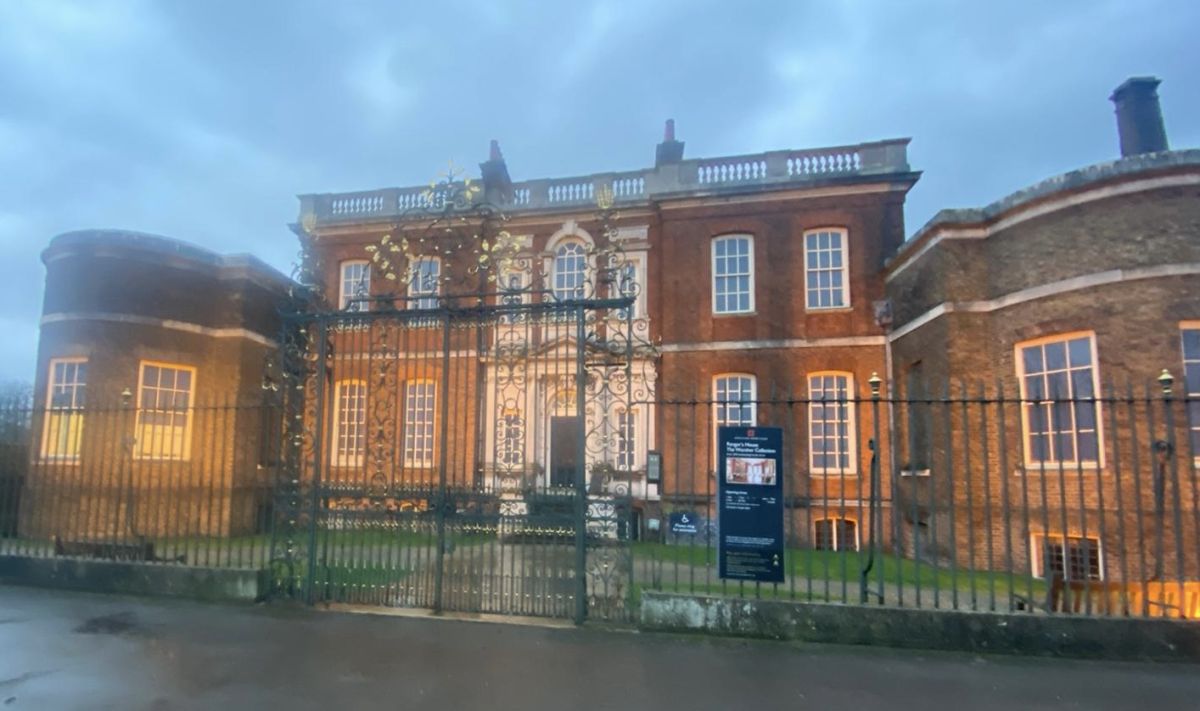
Has the pandemic caused our televisual desire for realism to be replaced by a taste for historical escapism?
It was the first Tuesday back from Easter holiday, and in an attempt to distract myself from the abandoned bags and clothes strewn over my floor, I was listening to the Bridgerton soundtrack and looking up when the next Derry Girls episode would be out. Procrastinating from my procrastination I opened the wormhole of TikTok to see some clips of Taika Waititi’s new show about Blackbeard.
Then a thought suddenly struck me.
I am supposed to be in my Fleabag era. Yet instead of having post-trauma sex with charming Irish priests, I’m listening to classical music and doing Wikipedia research on a long dead pirate. But is it just me? Or have we all collectively moved from dreams of Andrew Scott in a dog collar to Jonathan Bailey in a flowy (or wet, even better when it’s wet) shirt.
I put it to you, dear reader (little Bridgerton reference there – can you tell I’m a tad obsessed?) that the hyperrealist, trauma driven shows of pre and early pandemic have been replaced by escapist historical dramas in the shift out of covid riddled life.
In the run up to the doom of the coronavirus takeover, Phoebe Waller-Bridge’s Fleabag had recently concluded its second series. The 2.5 million people who watched it were enthralled by its satirical humour, dramatic trauma narrative and Andrew Scott dressed as a priest.
Shortly after lockdown began, this series was followed by Michaela Coles’ I May Destroy You and Normal People, based on the novel of the same name by Sally Rooney. These programmes, both released in mid-2020, also had themes of trauma, and expressed humour, sex, and everyday life as unromanticised and relatable to the point of cringing behind a pillow.
Skip forward to the supposed end of the pandemic and we find ourselves shopping for empire waist-line dresses, taking ‘Which Bridgerton are you?’ quizzes, and longing to exist in the romanticised Georgian Period of our new favourite show. Alongside Bridgerton (do you think I’ve mentioned it enough yet?) Taika Waititi’s Our Flag Means Death is extremely popular globally; the final series of Derry Girls is taking the UK by storm, and Ghosts season 4 is highly anticipated (by me anyway). Unlike the early pandemic shows almost uncomfortable level of realism, these programmes span a wide scope of past historical periods and places, none of which are ours.
So why the sudden move from realism to history? What major worldwide event could have caused such dramatic changes to our lives? Well, I hate to bring it up, but I fear it has something to do with a certain little virus. Yes, coronavirus has changed many lives worldwide and has seemingly had an effect on pretty much everything else. (Apparently, the price of Freddo’s has increased AGAIN!) It’s no wonder it has changed our televisual appetites. Who wants to watch shows about real-life trauma when the flashbacks to lockdown haircuts are still very traumatic and a little too real?
A modern television show is simply not enough of an escape anymore it seems; we must now not only watch someone else’s life, but some other time of life as well. The escapism of period as well as people.
To be honest, I’m not too sad about this change. Don’t get me wrong I am a huge fan of Fleabag, but it feels like my childhood obsession with Horrible Histories is finally coming to use. I feel educated as well as entertained, classy as well as comfortable and knowledgeable about more than just occasional London Street Names. Okay, that was a lie, I don’t know the street names, I’m just slightly familiar enough to spot a building and say that’s that one from that show, you know the one, the one with thingy in it.
So, to conclude, it has come to my attention, dear readers, that yesterday’s tendency for realistic televisual exploits has been replaced by a rather fantastic new appetite for historical fantasies to escape to.
I for one could not be happier about it.







